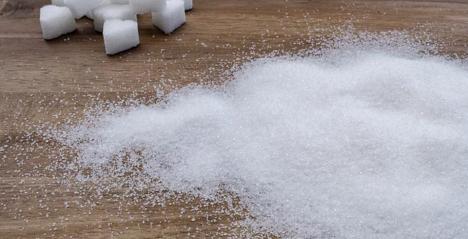Kidney stones can cause excruciating pain and discomfort, but fortunately, there are effective methods for their removal. If you have undergone kidney stone surgery, proper aftercare ensures a smooth recovery.
Explore the post-surgery instructions, recovery time, and treatment options for kidney stones in this article. Whether you are looking for information about urologists in Singapore or seeking guidance on managing urinary stone issues, this guide will provide valuable insights.
Kidney stone removal through surgery
Kidney stone surgery, performed by a skilled urologist, aims to remove the stones and alleviate the associated symptoms. There are different methods for kidney stone removal, including:
- shock wave lithotripsy
- percutaneous nephrolithotripsy - a surgical procedure to remove medium to large kidney stones from the kidney
- open surgery.
Your urologist will determine the most suitable approach based on the size, location, and composition of the stones.
What to do post-surgery
Once the surgery is completed, it is best to follow the post-surgery instructions provided by your healthcare team. These instructions cover various aspects of aftercare, such as diet, pain management, activity level, and potential complications to watch out for.
Diet
Diet is a crucial factor in kidney stone prevention and recovery. Continue drinking plenty of fluids to keep your urine a light, straw colour. Adequate fluid intake helps flush out any remaining stone fragments and prevents the formation of new stones.
Consult your urologist about safe fluid intake if you have other medical conditions. Also, dietary and lifestyle changes can reduce the likelihood of future surgeries for kidney stones. If you are leaning more towards alternatives, seek informed advice from your healthcare provider.
Pain management
Pain management is another important aspect of post-surgical care. You may experience stinging during urination and discomfort while passing small stone fragments. Your urologist may prescribe non-steroidal anti-inflammatory drugs (NSAIDs) such as ibuprofen or diclofenac or recommend taking warm baths to relieve the pain.
In cases of more intense pain, stronger painkillers may be needed. There are also medications that can also be prescribed to facilitate the passage of stone fragments.
Infection management
Managing infection prevents and treats any urinary tract infections that may occur after surgery. Your urologist may prescribe antibiotics, which you may need to take for a couple of days or weeks. Make sure to complete the full course of antibiotics as directed to ensure effective infection management.
Ensuring a successful recovery
Rest and gradually increase your activity level over time. Sitting may be uncomfortable for a few days, but remember to avoid strenuous activities while your urine is still tinged with blood. Your urologist will inform you when it is safe to resume normal activities, including returning to work.
Recovery times can vary depending on the type of surgery performed. Shock wave lithotripsy and percutaneous nephrolithotripsy may require at least a week off work, while open surgery may necessitate three weeks or more.
On stents
If you had a temporary ureteral stent inserted during the surgery, your doctor will determine when it should be removed. Stents can be removed either by your doctor during a follow-up appointment or through self-removal if a string is attached.
The second type of stent (without a string) is typically removed using a procedure called cystoscopy. Discuss pain management options with your doctor if you experience discomfort related to the stent.
Scheduling a follow-up appointment
After the surgery, it is important to schedule a follow-up appointment with your urologist to assess your progress and review the results. This appointment is an excellent time to address any concerns or complications that may have arisen during recovery.
Potential complications
Most recoveries from kidney stone surgery are successful. Still, it is important to be aware of potential complications that warrant immediate medical attention. If you experience any of the following, contact your surgeon or visit the nearest emergency department immediately:
- fever
- a sudden increase in blood in your urine
- severe or unbearable pain
- prolonged nausea
- heavy bleeding through your drainage tube
- swelling or redness around the incision
- Light-headedness
- Dizziness
- chest pain
- shortness of breath
Conclusion
Following the post-surgery instructions facilitates your healing process and minimises the risk of complications. Regular communication with your urologist and adherence to follow-up appointments will ensure that your progress is monitored effectively.
Remember, if you experience any alarming symptoms, do not hesitate to seek immediate medical attention. You can successfully overcome kidney stones and maintain optimal urinary health with the right care and management.










